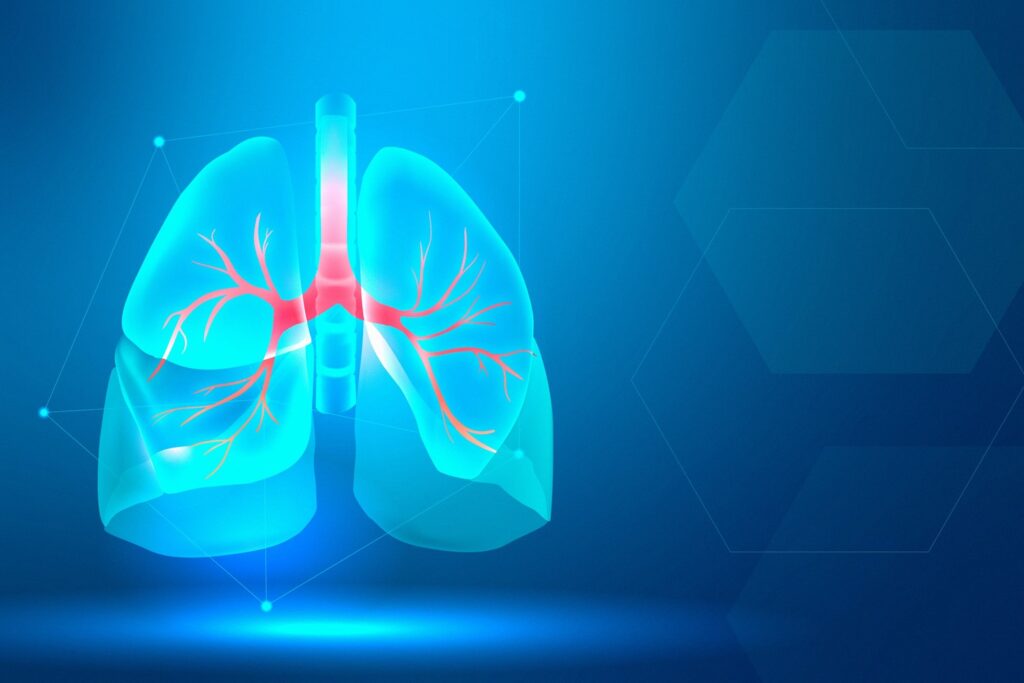Nutrition plays a crucial role in managing and mitigating the effects of emphysema, a chronic lung disease characterized by the damage to the air sacs in the lungs. While nutrition cannot cure emphysema, it can help improve symptoms, maintain overall health, and enhance the body’s ability to cope with the condition.
Here are some reasons why nutrition is important for individuals with emphysema:
1. Balanced and Nutrient-Dense Meals:
- Include a variety of fruits and vegetables.
- Choose whole grains for added nutrients and fiber.
- Opt for lean sources of protein like poultry, fish, beans, and tofu.
- Incorporate healthy fats from avocados, nuts, seeds, and olive oil.
2. Adequate Hydration:
- Drink at least 8 glasses of water per day.
- Adjust water intake based on activity level and individual needs.
3. Sodium Reduction:
- Limit processed and packaged foods high in sodium.
- Flavor meals with herbs, spices, and low-sodium seasonings.
4. Omega-3 Fatty Acids:
- Include fatty fish (salmon, mackerel, sardines) or plant-based sources (flaxseeds, chia seeds, walnuts) for their anti-inflammatory properties.
5. Avoid Gas-Producing Foods:
- Pay attention to individual tolerance of beans, lentils, cruciferous vegetables, and carbonated beverages.
6. Small, Frequent Meals:
- Opt for smaller, more frequent meals to prevent pressure on the diaphragm.
7. Consult with a Registered Dietitian:
- Seek guidance from a professional to address individual nutritional needs and develop a suitable meal plan.
By incorporating a balanced and nutrient-dense diet, staying hydrated, reducing sodium intake, including omega-3 fatty acids, being mindful of gas-producing foods, and consulting with a registered dietitian, individuals with emphysema can support their lung health and improve their overall well-being. Remember to seek personalized advice based on your specific needs.

